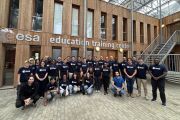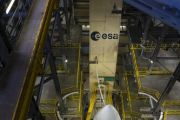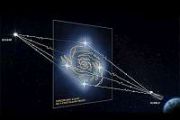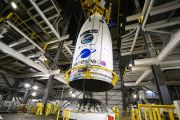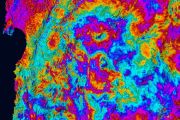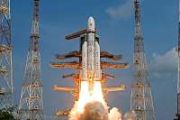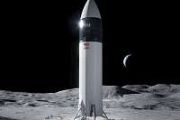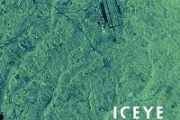
Copernical Team
Juice takes the heat
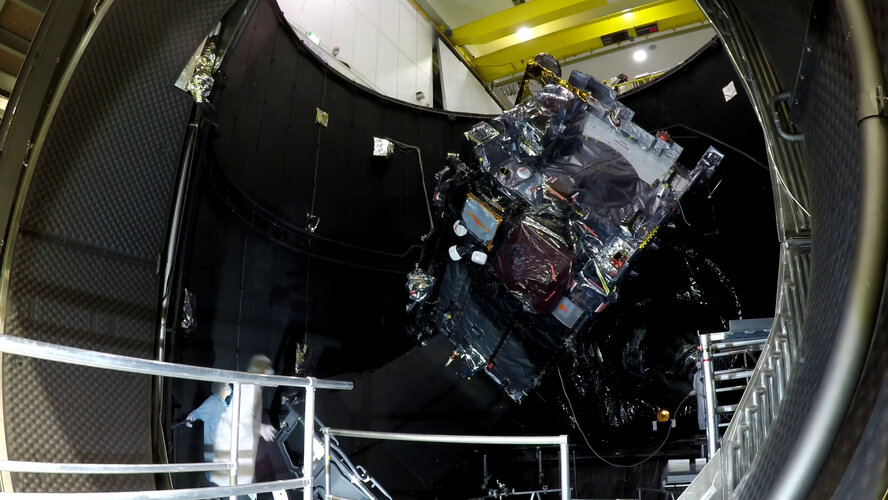 Video:
00:04:00
Video:
00:04:00
ESA's Jupiter Icy moons Explorer, Juice, has successfully completed rigorous thermal tests simulating the extreme coldness of space and the warmth of the Sun at ESA’s test centre ESTEC, in The Netherlands.
The spacecraft underwent a month of round-the-clock testing and monitoring in the Large Space Simulator, which recreates the vacuum of space and is able to simulate both hot and cold space environments. The spacecraft was subjected to temperatures ranging from 250 degrees to minus 180 degrees Celsius, showing that it can survive its journey in space.
Juice will launch in 2022 to our Solar System’s largest planet.
First test of Europe's new space brain
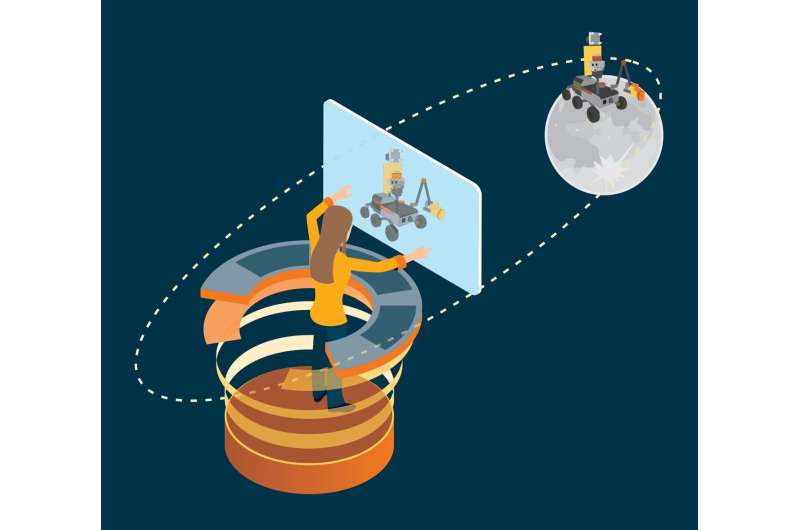
ESA has successfully operated a spacecraft with Europe's next-generation mission control system for the first time. The powerful software, named the "European Ground System—Common Core' (EGS-CC), will be the 'brain' of all European spaceflight operations in the years to come, and promises new possibilities for how future missions will fly.
Rocket tanks of carbon-fiber–reinforced plastic are proven possible
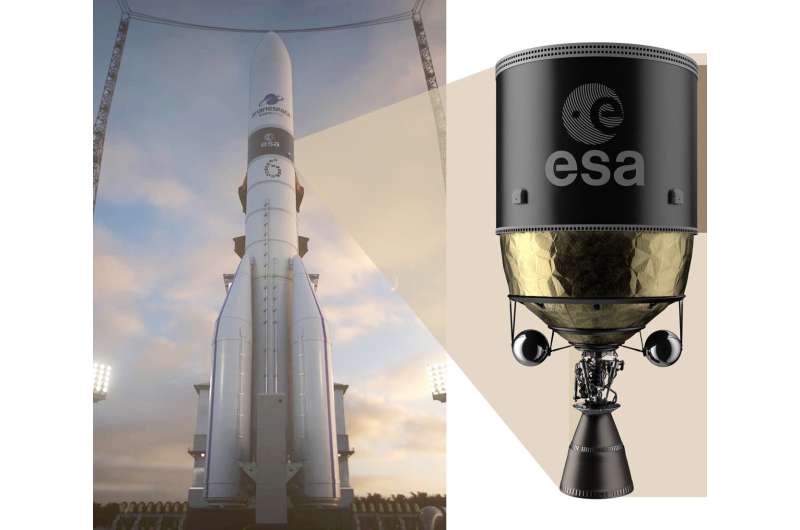
Future rockets could fly with tanks made of lightweight carbon fiber reinforced plastic thanks to ground-breaking research carried out within ESA's Future Launchers Preparatory Program.
Building on earlier studies, MT Aerospace in Germany has demonstrated a novel design of a small scale tank made of a unique carbon-fiber reinforced plastic (CFRP) that is not only leak-proof with liquid hydrogen, but also compatible with liquid oxygen, without the use of a metal liner.
Will AI leave human astronomers in the stardust?

Machine learning is coming for astronomy. But that doesn't mean astronomers and citizen scientists are obsolete. In fact, it may mean exactly the opposite.
When you think of a galaxy, the first thing that comes to mind is a spiral. There's a dense cluster of stars in the core and some big, sweeping spiral arms out to the side.
But that's not the only kind of galaxy out there. Like people, galaxies come in all shapes and sizes. There's disk shaped ones and spherical ones, neat barred spirals and messy irregulars.
Galaxies, sorted
That shape isn't just important for your sense of aesthetics when you're picking a desktop wallpaper. It also tells us a whole lot about the universe, according to Mitchell Cavanagh, Ph.D. candidate at the International Centre for Radio Astronomy Research (ICRAR).
"We call ellipticals early types because they're more prominent as you go out to higher redshifts in the earlier universe. Then your spirals, we tend to call late type because they're more common when we look at the more-recent universe at lower redshift galaxies close to us," Mitchell says.
Rocket tanks of carbon fibre reinforced plastic proven possible
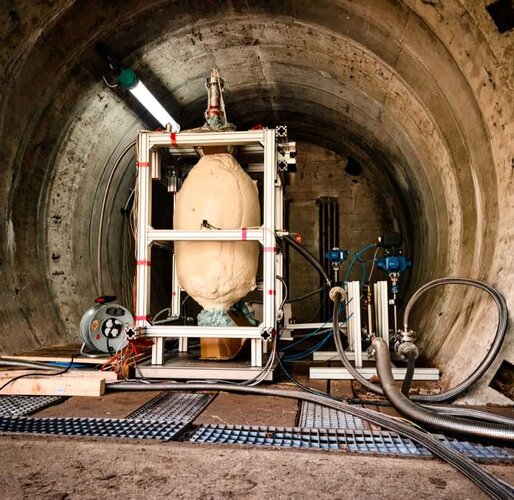
Future rockets could fly with tanks made of lightweight carbon fibre reinforced plastic thanks to ground-breaking research carried out within ESA’s Future Launchers Preparatory Programme.
XMM-Newton sees light echo from behind a black hole
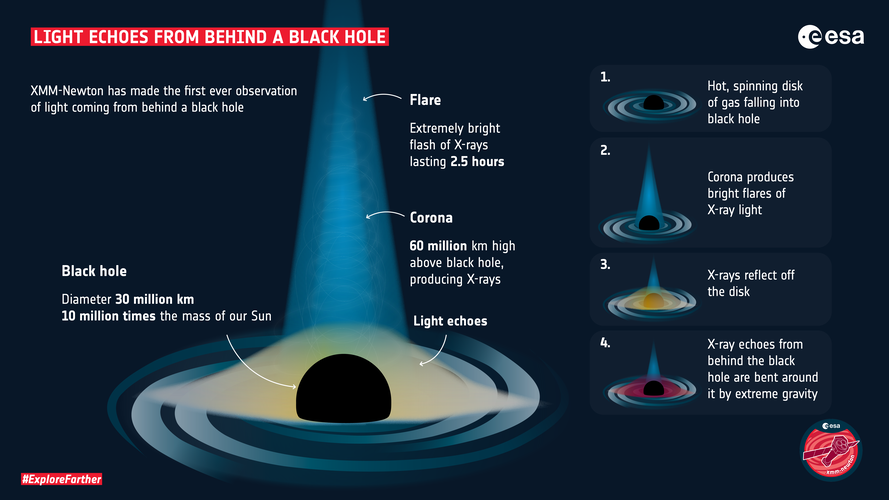 Image:
Image:
For the first time, astronomers have seen light coming from behind a black hole.
Using ESA’s XMM-Newton and NASA’s NuSTAR space telescopes, an international team of scientists led by Dan Wilkins of Stanford University in the USA observed extremely bright flares of X-ray light coming from around a black hole.
The X-ray flares echoed off of the gas falling into the black hole, and as the flares were subsiding, the telescopes picked up fainter flashes, which were the echoes of the flares bouncing off the gas behind the black hole.
This supermassive black hole is 10 million times as massive as our
First test of Europe’s new space brain
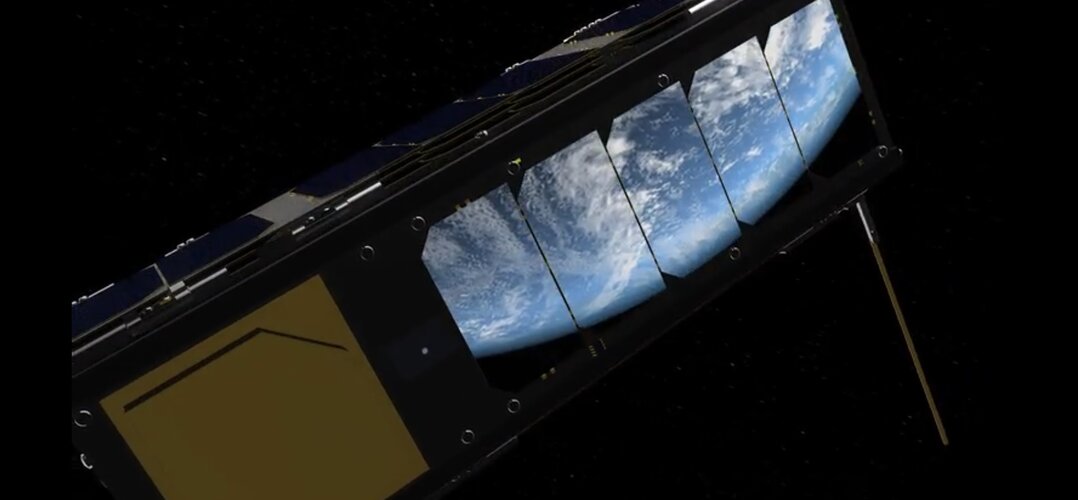
ESA has successfully operated a spacecraft with Europe’s next-generation mission control system for the first time. The powerful software, named the 'European Ground System - Common Core' (EGS-CC), will be the ‘brain’ of all European spaceflight operations in the years to come, and promises new possibilities for how future missions will fly.
Watch the launch of Eutelsat Quantum
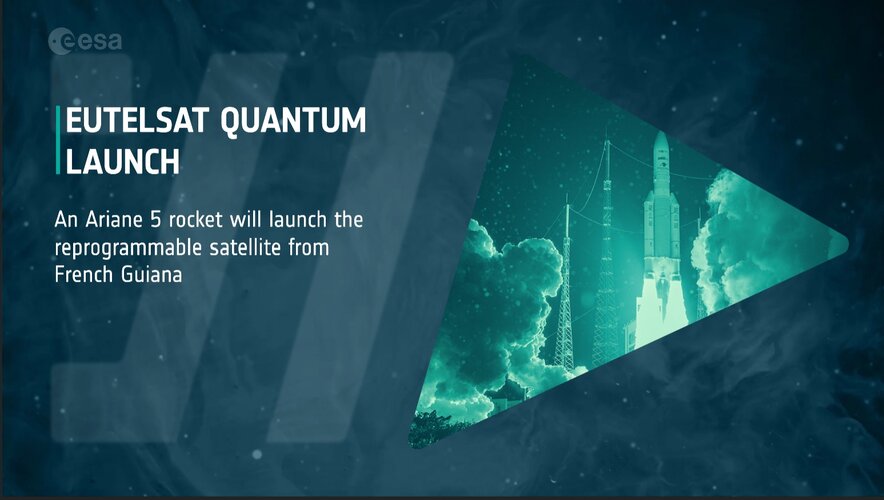
Follow the launch on 30 July of a sophisticated telecommunications satellite capable of being completely repurposed while in space.
Earth's vital signs worsen amid business-as-usual mindset on climate change
 Twenty months after declaring a climate emergency and establishing a set of vital signs for the Earth, a coalition headed by two Oregon State University researchers says the updated vital signs "largely reflect the consequences of unrelenting business as usual."
Authors led by OSU's William Ripple and Christopher Wolf, in a paper published in BioScience, are calling for a phase-out of foss
Twenty months after declaring a climate emergency and establishing a set of vital signs for the Earth, a coalition headed by two Oregon State University researchers says the updated vital signs "largely reflect the consequences of unrelenting business as usual."
Authors led by OSU's William Ripple and Christopher Wolf, in a paper published in BioScience, are calling for a phase-out of foss 
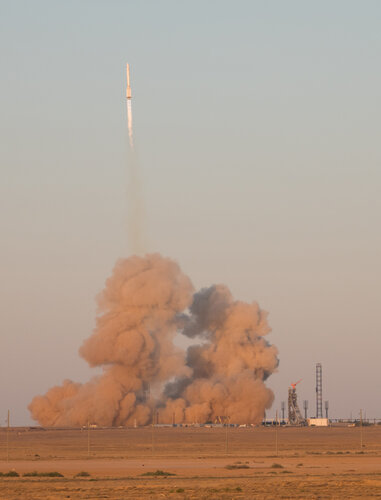 Image:
Space suspense
Image:
Space suspense 
